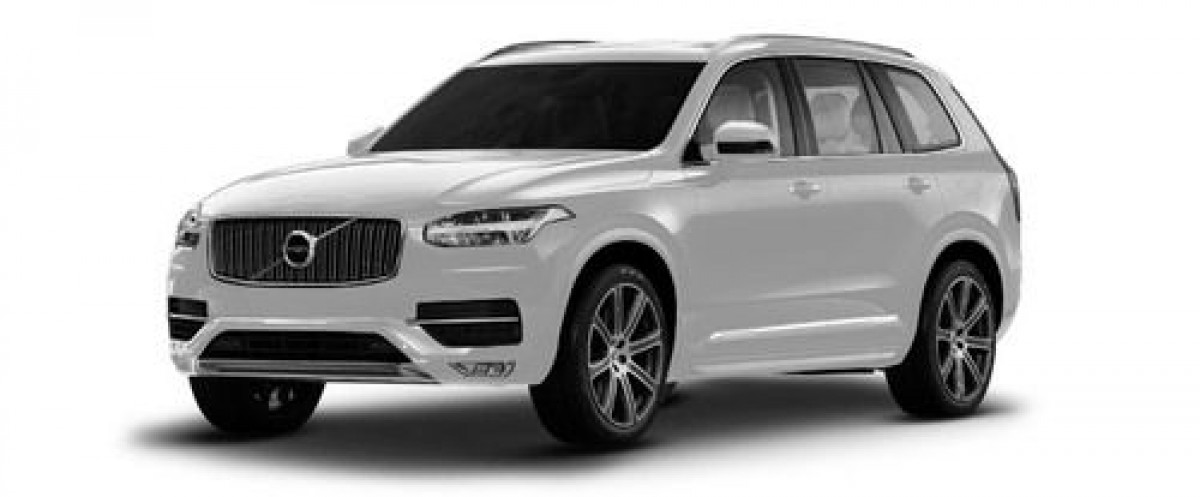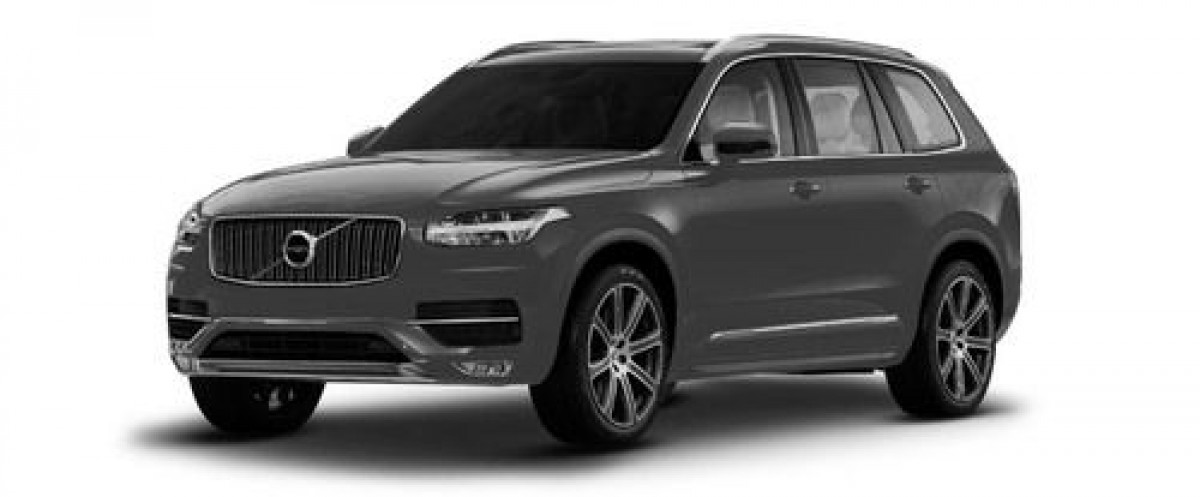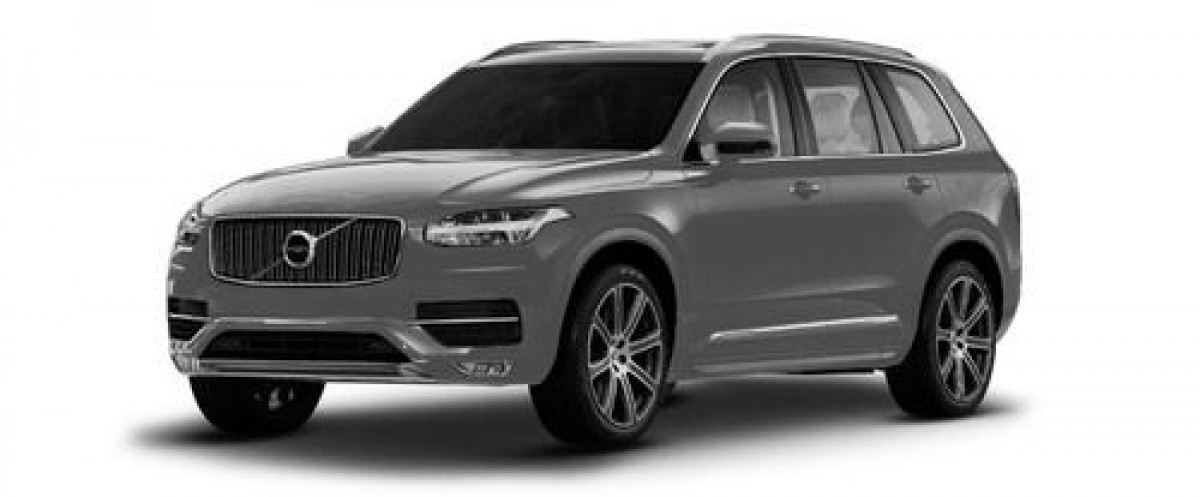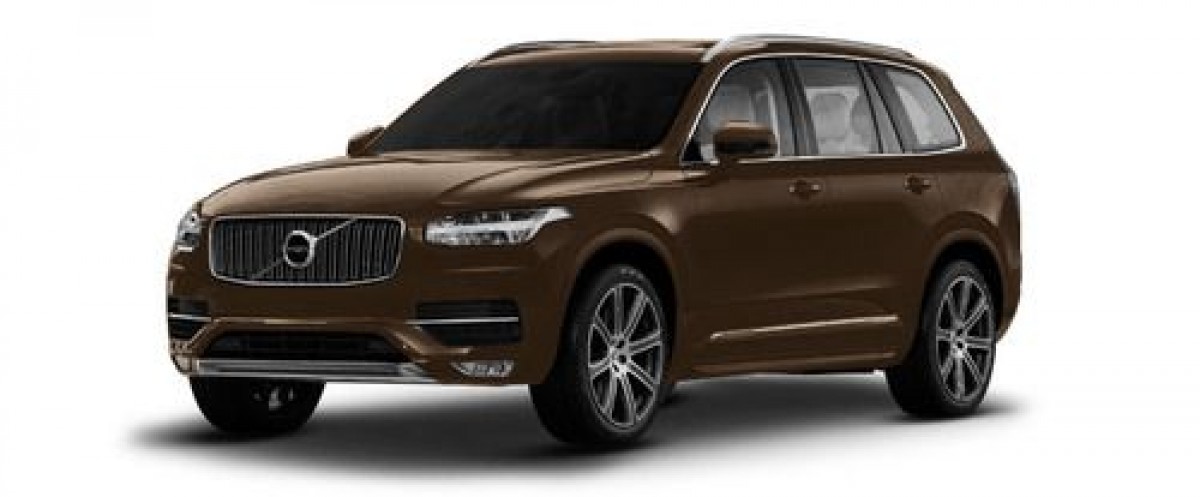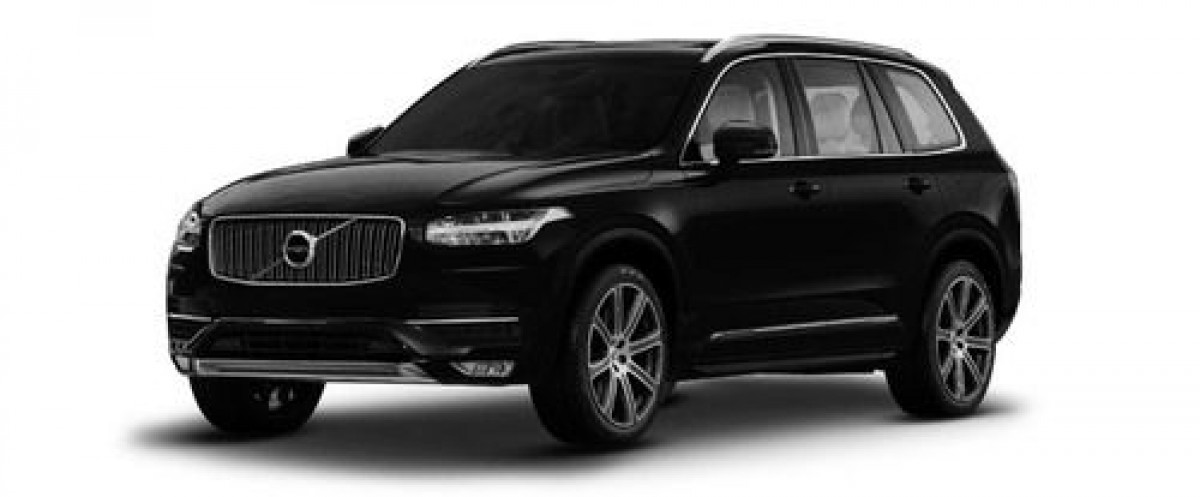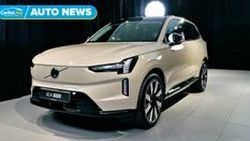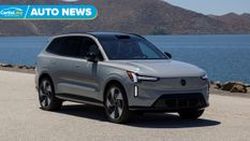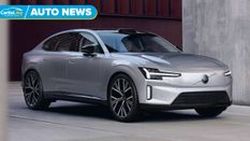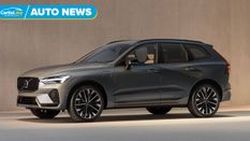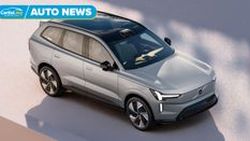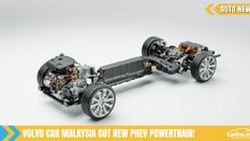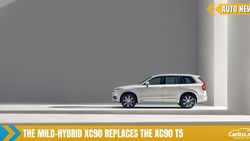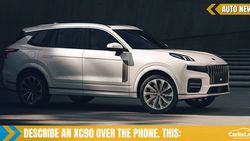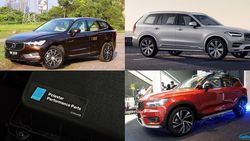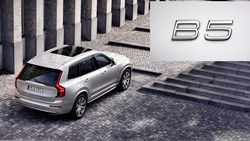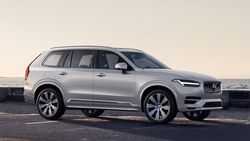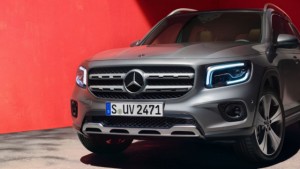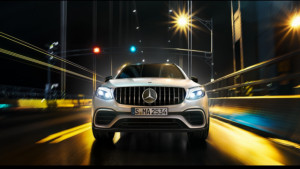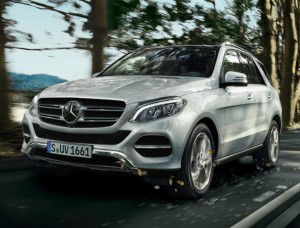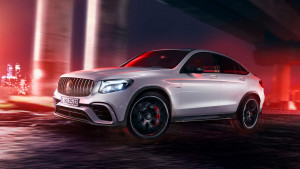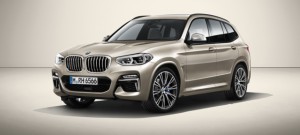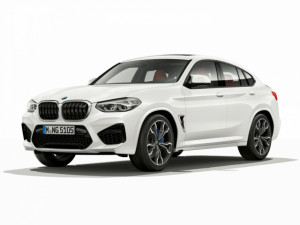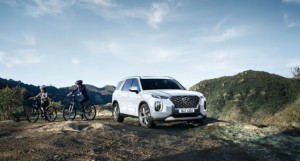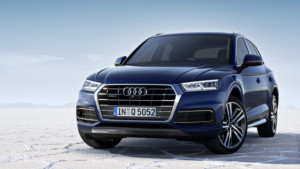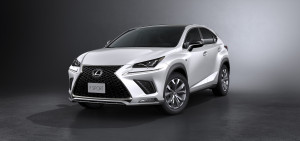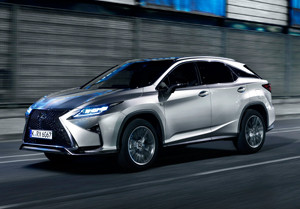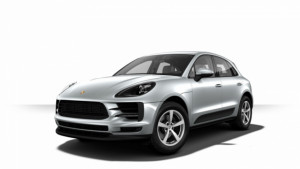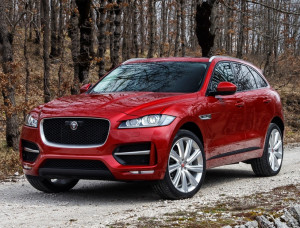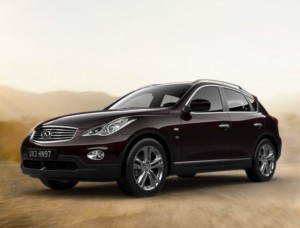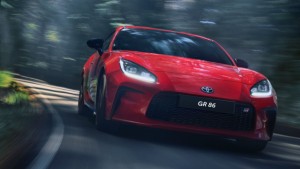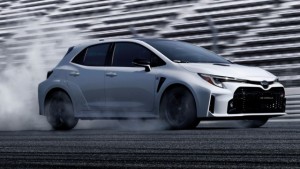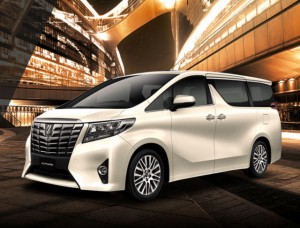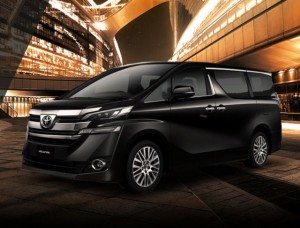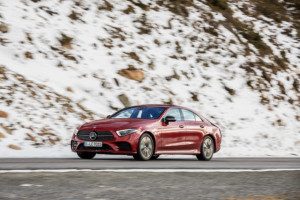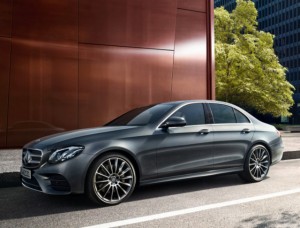Key Highlights
Overview
Volvo XC90 2021-2022 Review
The modern history of Volvo is one that’s filled with twists and turns, ownership changes and partnerships, and both small steps and major leaps as they have continued their existence and developed their product line. Through all this there has been one model that arguably changed Volvo’s trajectory and modernised it, not once, but twice.
We’re talking about the Volvo XC90. It is the first SUV model ever developed and produced by the Swedish brand, and it represented an entirely different take on the luxury SUV, with a uniquely Volvo approach. It helped to keep the brand going through a particularly tough time, and spurred the development of newer, more modern products to cater to a younger demographic.
The first generation of the Volvo XC90 stretched over a decade, between 2002 and 2014. It went through a number of facelifts and updates before it was eventually retired and replaced by the second generation XC90 that heralded a new era of Volvo products – products that completely changed the image of Volvo in the eyes of the car-buying public and allowed for a complete rebranding.
It’s been over six years since the introduction of this second generation Volvo XC90, and it has gone through a facelift a few years back that helped to bring it in line with more recent Volvo products, despite not having radical changes in styling. Even with that facelift in place, Volvo regularly updates their product lines and variants with technological or specification changes as the years pass. It is currently offered in Malaysia in two different variants.
Volvo XC90 2021-2022 Specifications
The core engine of the Malaysian Volvo line-up, from the Volvo V40 to the Volvo XC90, is the turbocharged 2.0-litre petrol engine. For a limited time Malaysians got a twin-charged variant of this engine that sported both turbocharging and supercharging, but this was eventually phased out. For now, the Volvo XC90 comes in either T5 or T8 Recharge flavours, and we’ll get into exactly what that means.
The T5 powertrain is the core engine as mentioned previously. In this form you get that turbocharged 2.0-litre petrol engine making 254 PS and 350 Nm of torque, mated with an eight-speed conventional automatic transmission that spreads power across all four wheels. It’s potent, but simple in its operation and design, and mirrors the kind of performance outputs of other European manufacturers.
On the other hand, the T8 Recharge variant comes with a far more sophisticated powertrain. At one point it was known as the Twin Engine powertrain. That aforementioned twin-charged petrol engine is featured here, producing a healthy 320 PS and 400 Nm of torque on its own steam, delivering power through that same eight-speed conventional automatic transmission. Total system output is 407 PS and 640 Nm of torque.
Here’s where things become a little more complicated. The power is delivered purely to the front wheels, while the rear axle gets an electric motor that provides an additional 87 PS and 240 Nm of torque in tandem with the engine up front. Effectively it works as an all-wheel drive system, so long as you have charge for the electric motor.
There are a couple of reasons for this, as well as a few interesting behavioural results thanks to this layout. The Volvo SPA platform on which the XC90 sits was designed to accept hybrid powertrains from the get-go, which is why it has an especially large tunnel running the length of the platform. With conventional powertrains, this is where the exhaust and prop-shaft is located, the latter sending drive to the rear wheels. When it comes to their hybrid powertrains, however, Volvo stores the hybrid batteries in this tunnel for both protection and to keep the centre of gravity low to the ground.
This split between front and rear drive sources means that if you run out of electrical charge, the Volvo XC90 essentially behaves like a front-wheel drive car. Conversely, if you choose the pure electric drive mode, you end up with a rear-wheel drive Volvo XC90 that can be surprisingly fun to drive – if you’re on a frozen lake in the middle of nowhere.
Dimensionally, the XC90 is a pretty large vehicle – and its kerb weight which starts at over two tonnes definitely reflects this. The wheelbase is a decent 2,984 mm, with a length of 4,950 mm, a height of 1,776 mm, and a width of 1,923 mm. Even with that in mind it isn’t massively roomy inside – much of the usable space is occupied by both insulation and safety cell construction and is the reason why Volvo still maintains its position as the safest automaker on the market.
Volvo XC90 2021-2022 Exterior
Between the two variants of the Volvo XC90 available here, the main difference that’s immediately noticeable are the 19-inch alloy wheels for the T5 Momentum and 20-inch alloy wheels for the T8 Inscription Plus variant. The latter also gets chrome accents on the grille and bumpers, side body mouldings, and door handles.
Volvo XC90 2021-2022 Interior
Sombre tones are the new way when it comes to automotive product interiors, and Volvo is the same – although there is talk of swapping to lighter tones as it helps to an extent with fighting depression. The main party piece of a Volvo’s interior has to be the portrait-oriented Sensus touch screen, functioning as both infotainment and control for various on-board active safety systems.
Volvo XC90 2021-2022 Safety Features
Being a Volvo product, you can only expect the best and most modern safety items and functionality, and the XC90 is no different regardless of which variant you choose. Autonomous Emergency Braking, inclusive of pedestrian and cyclist detection, is the main party piece. This, in tandem with lane centring assist, evasive steering assist, and adaptive cruise control all help to create a semi-autonomous driving package.
Volvo XC90 2021-2022 Strengths & Weakness
There’s something evergreen about the Volvo XC90 in this second generation form, such that even six years on it feels like a fantastic and modern product. Not only is it still the safest option on the market for your loved ones, it is also one of the most eco-conscious and green products you can purchase. There are lots of reasons to love the Volvo XC90, from a well-designed, Swedish aesthetic interior, to those unmistakable front and rear lights.
The only problem is that Volvo seems to be stretching their products on and on, perhaps a little too long, and this is where no amount of face-lifting or technical updates can help. The XC90 doesn’t stay in the front of customer’s minds because there’s rarely anything to say about it, at least after the first two years of its launch. The large portrait format touchscreen is still a unique design that hasn’t been replicated by any other manufacturer, but it has also started to become a little too familiar.
Volvo XC90 2021-2022 Price
Pricing for the Volvo XC90 is surprisingly competitive across the range. The Volvo XC90 T5 Momentum is the entry level variant, coming in at RM 352,472, while the Volvo XC90 T8 Inscription Plus PHEV goes for RM 393,743. These prices are inclusive of current sales tax exemptions from the government, as well as five year, 120,000 kilometre warranty.
Volvo XC90 2021-2022 Features
Between the two variants of the Volvo XC90 there are appreciable differences in the equipment levels offered. That being said, even the T5 Momentum variant gets good items like Apple CarPlay and Android Auto Connectivity, a ten-speaker surround sound system, as well as four-zone automatic climate control, keyless entry and start, and power adjustable front seats.
The T8 Inscription Plus variant adds or swaps a number of these items, including a panoramic sunroof, multi-coloured ambient lighting, and a 19-speaker sound system. There’s also a 360-degree camera that provides birds-eye views for easier positioning and parking in tight spaces.
Volvo XC90 2021-2022 Fuel Consumption
The manufacturer quoted fuel consumption figures for the Volvo XC90 changes quite radically depending on the variant. In the case of the T5 Momentum variant, the quoted figure is 7.9 litres per 100 kilometres, or 12.7 kilometres per litre of fuel. The T8 Recharge by nature is a plug-in hybrid electric vehicle, allowing it to have a manufacturer quoted fuel consumption figure of just 2.4 litres per 100 kilometres, or a massive 41.7 kilometres per litre of fuel.
These figures are pretty fantastic, especially in the case of the T8 Recharge, but it is contingent on a few elements. One that applies to both powertrains is that forced induction (turbocharging, supercharging) means that hard driving and acceleration significantly increase s fuel consumption as more air needs more fuel. In the specific case of the T8 Recharge, the figure is only achievable if you maintain the charge in the battery as often as possible – or at least overnight.
Exclusive deals for you
Get March Offers from authorized dealers near you!
Key Details
- Body Type: SUV
- Transmission: Automatic
- Engine Capacity: 1969 cc
- Fuel Type: hybrid/petrol
- Seat Capacity: 7
- Price: RM 350,810 - RM 391,150
Variations
From RM 381,520
From RM 391,150
From RM 350,810
Key Details
- Body Type: SUV
- Transmission: Automatic
- Engine Capacity: 1969 cc
- Fuel Type: hybrid/petrol
- Seat Capacity: 7
- Price: RM 350,810 - RM 391,150
Reviews
-

Gokul
20 Oct 2017
2015 Volvo XC90 – A glimpse of things to come
When Chinese manufacturer Zhejiang Geely acquired Volvo Car from Ford for $1.3 billion (RM5.3 billion) in August 2010, it brightened the Swedish brand’s future, which was beginning to look rather dim. Like many, we were quite curious to know what was going to happen to the brand.
View full review
User Review of Volvo XC90
Volvo XC90 2020
Love it..
Best SUV in its class
Scandinavian Premium Ride
Great family SUV!
Latest News
Similar cars
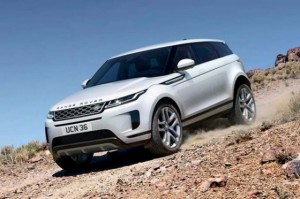
2022 Land Rover Range Rover Evoque

Thank you!





